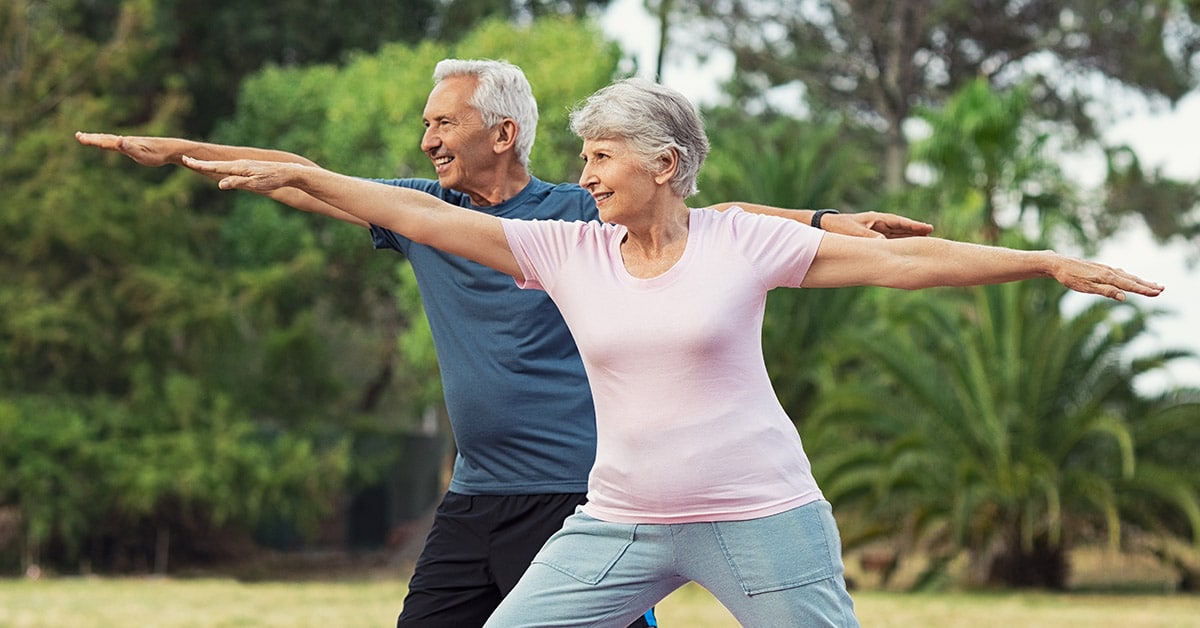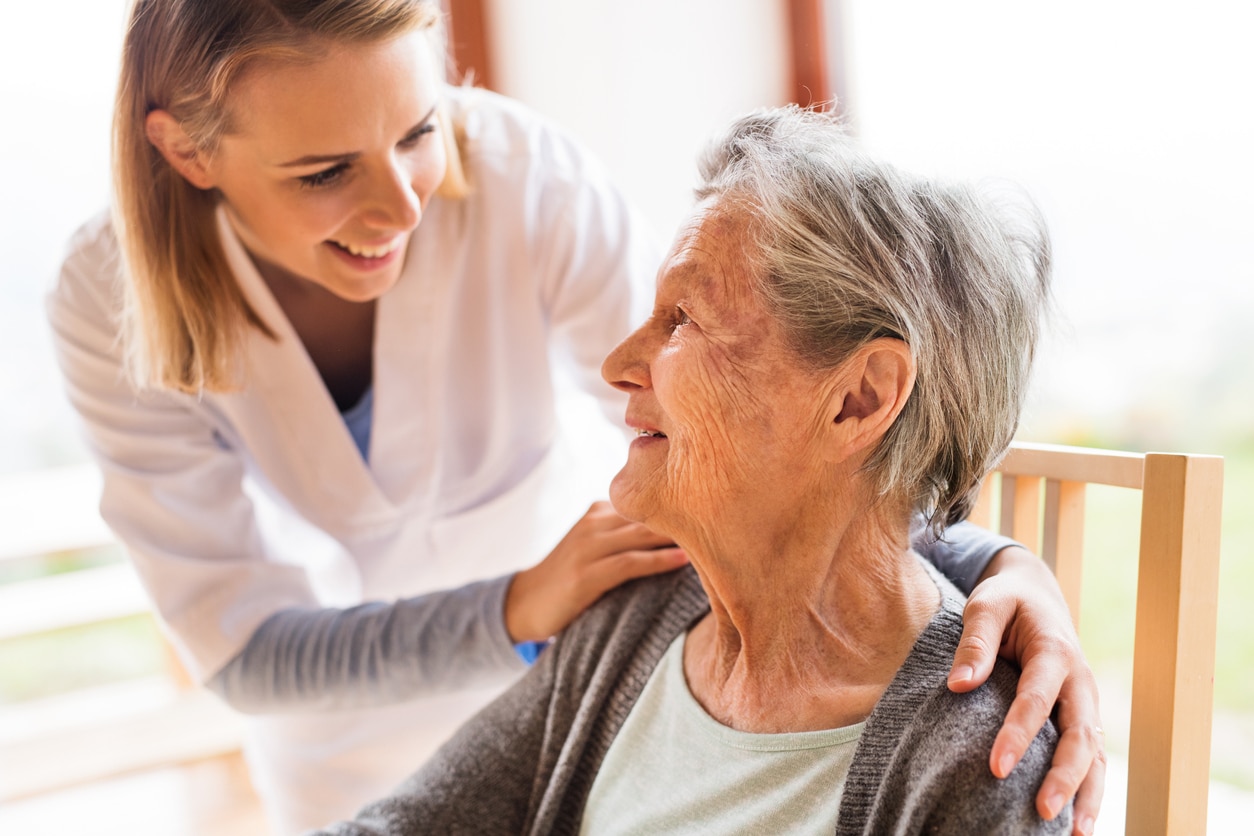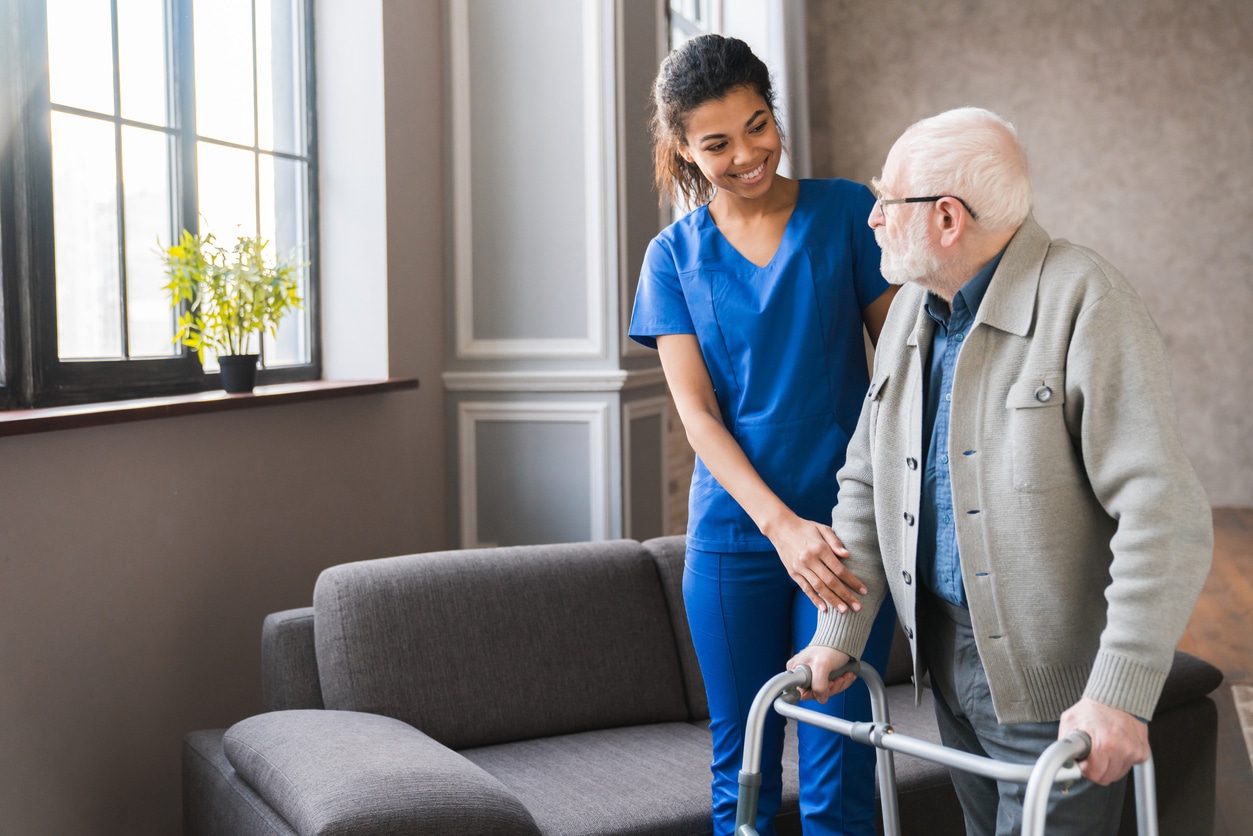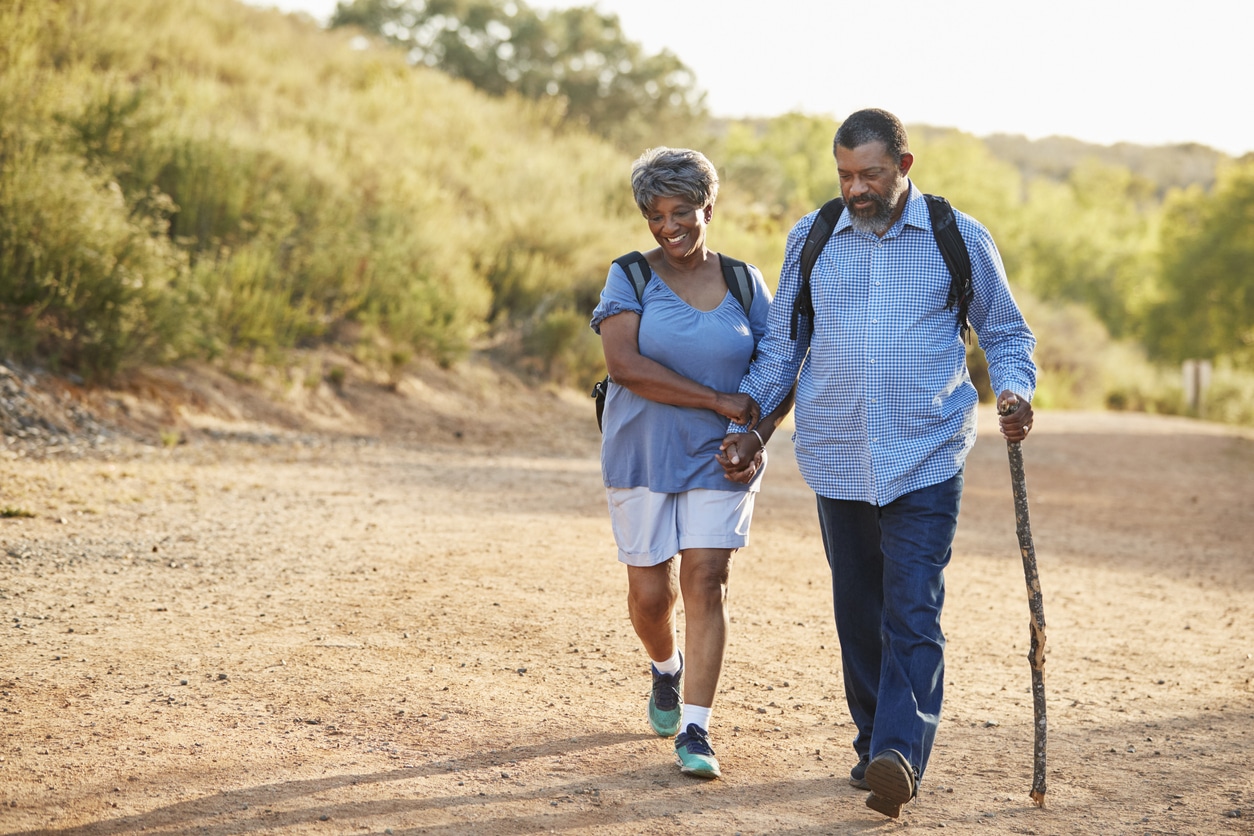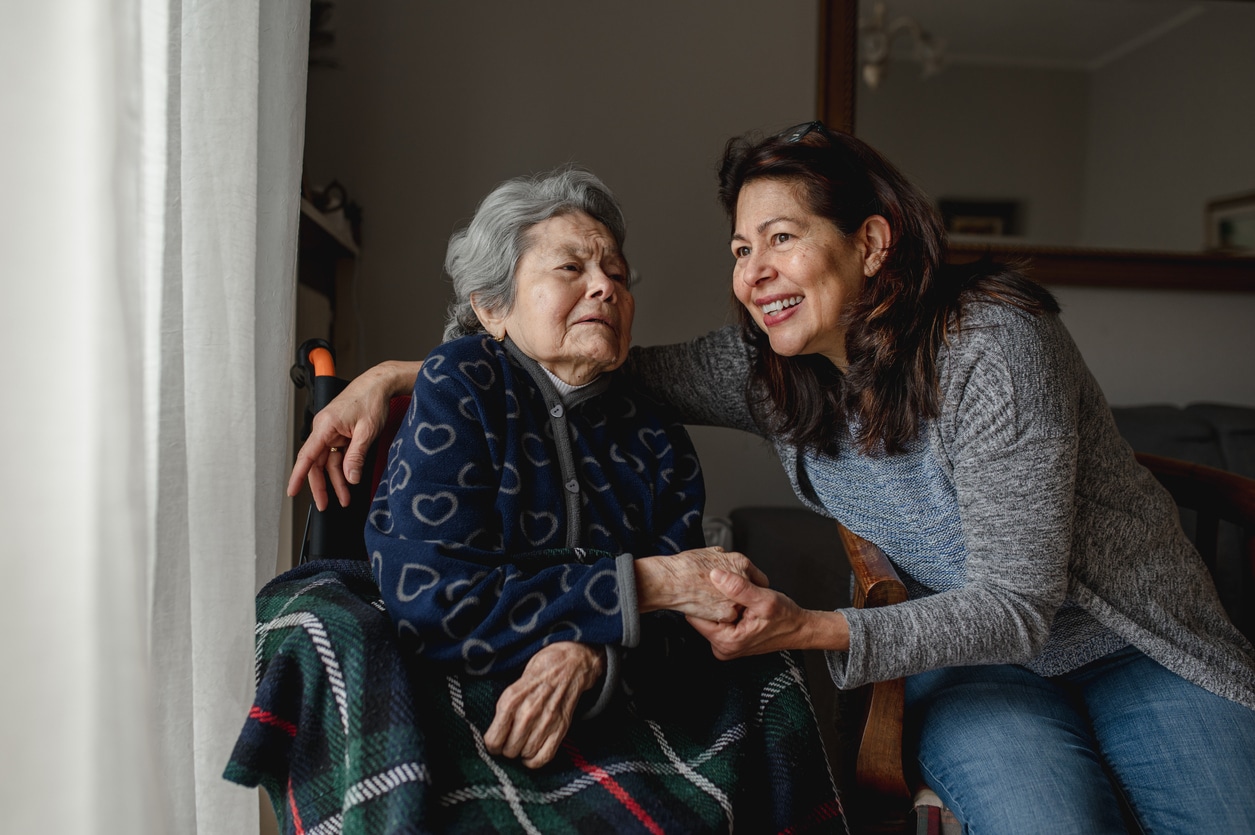14 Strength, Flexibility & Balance Exercises for Seniors
Falls are the leading cause of injury-related death for Americans 65 and older, according to data from the CDC.1 Luckily, there are many ways to lower the likelihood of taking a tumble and increase your ability to recover. Two of the most effective are: Exercises. One of the main risk factors is poor strength and balance.2 There are lots of exercises for seniors that improve balance, mobility, strength and stability. (See below.) ...
Read More